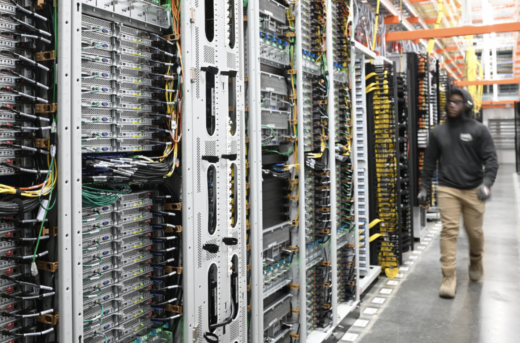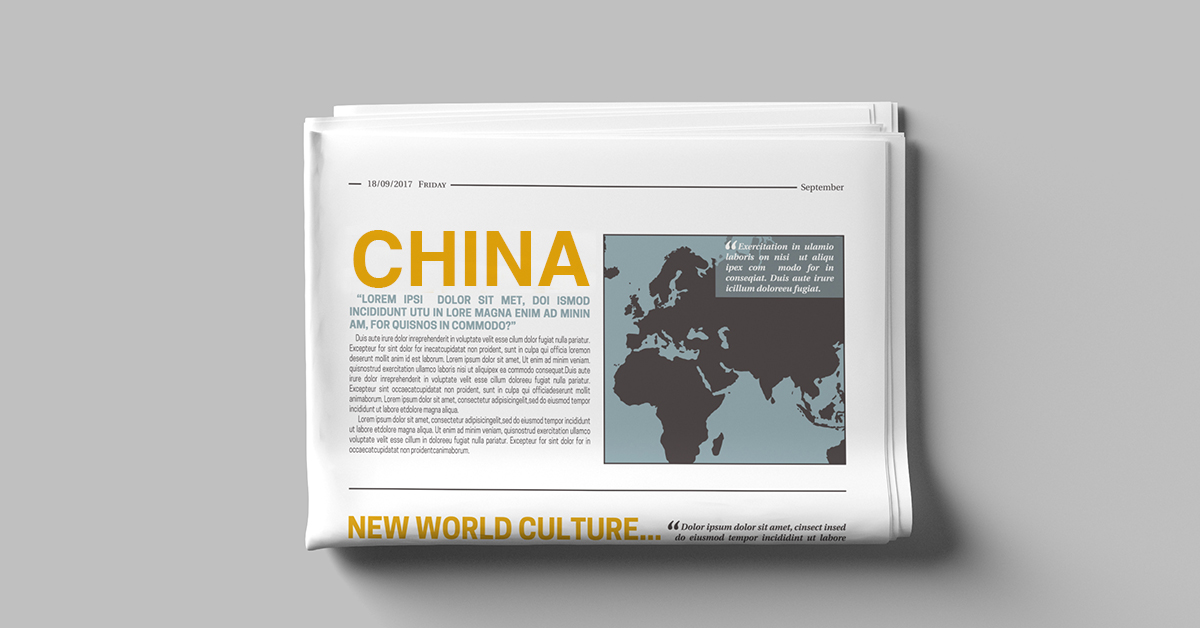BYD Races Ahead in China’s EV Market, Surpasses Ford
BYD, China’s top electric vehicle maker, has captured 17.1% of the Chinese auto market, up from 12.5% in 2023, bolstered by record sales growth in November. With 3.76 million vehicles sold in 2024’s first 11 months, including 506,804 in November, BYD is set to surpass its annual target of 4 million units, outpacing Honda and Ford in global rankings. BYD’s rapid expansion, marked by a 200,000-strong hiring spree and increased production capacity, has solidified its lead in China’s price-sensitive market. Analysts predict BYD could deliver 6 million vehicles in 2025, rivaling global giants like GM and Stellantis.
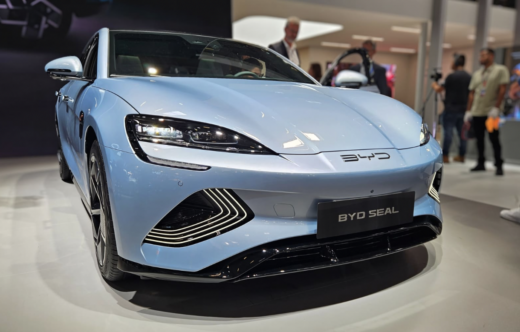
China Targets Nvidia with Antitrust Probe Amid Rising Tech Tensions
China has initiated an antitrust investigation into Nvidia, focusing on alleged anti-competitive practices and potential violations related to its $6.9 billion acquisition of Mellanox in 2020. This move comes as US-China competition over AI and semiconductor dominance intensifies. Nvidia, faces scrutiny as US export controls limit its advanced GPUs in China, prompting a black market for high-performance processors. Despite sanctions, Chinese companies like ByteDance and Alibaba rely heavily on Nvidia, which still captured $5.4 billion in sales from China last quarter.
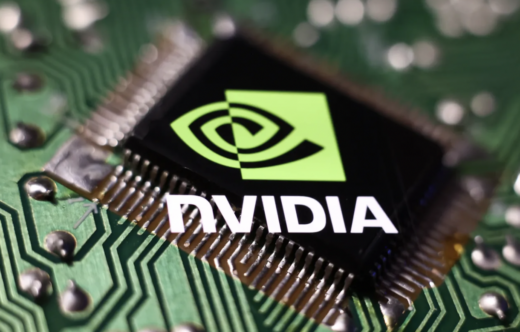
China to Establish AI Standards Committee to Shape Global Frameworks
China’s Ministry of Industry announced the creation of an AI standardization committee, comprising 41 members, including Baidu, Tencent and Peking University. The committee aims to set industry standards for large language models and AI risk assessments. Beijing seeks to balance regulating AI growth with fostering innovation, reflecting a shift from its earlier hands-off approach to digital sectors like e-commerce.
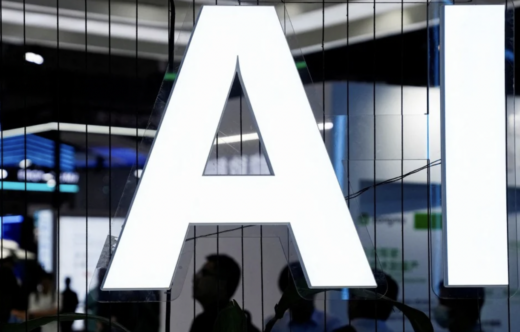
Willow Chip: Google’s Breakthrough in Quantum Computing
Google has unveiled “Willow,” a revolutionary quantum computing chip capable of completing tasks in five minutes that would take classical computers 10 septillion years. This groundbreaking achievement could transform fields like drug development, nuclear fusion, and artificial intelligence. Willow, small yet powerful, demonstrates unprecedented speed and error correction, advancing the field closer to real-world applications within five years.
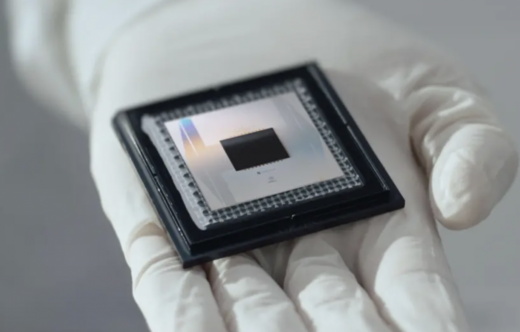
GM's Cruise Shutdown Hits Microsoft, Honda, and the Robotaxi Sector
General Motors’ unexpected decision to shut down its Cruise robotaxi program has left significant ripples in the autonomous vehicle industry. Microsoft, a minority investor, is taking an $800 million impairment charge. GM, owning 90% of Cruise, plans to buy out minority investors like Honda, which also announced halting joint ventures in Japan. Cruise, once valued at $30 billion, had raised $2 billion in 2021, backed by GM, Microsoft, and Honda. GM now aims to integrate Cruise into its driver-assistance efforts, pivoting from public robotaxis to autonomous personal vehicle development.
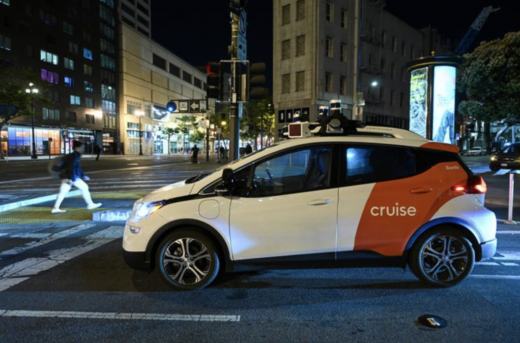
Ex-OpenAI Engineer Ventures into Robotics with Light Robotics
Roger Jiang, a former OpenAI engineer who played a key role in developing GPT-4, has founded Light Robotics, a start-up focused on creating consumer-facing companion robots. Established in August 2023, the company operates from Singapore and Shenzhen, with plans to expand its workforce across the region. Light Robotics, or Liangyuan Xinchuang in Chinese, aims to develop general-purpose intelligent robots. The firm has already established a presence in Shanghai and is actively recruiting talent in Singapore.
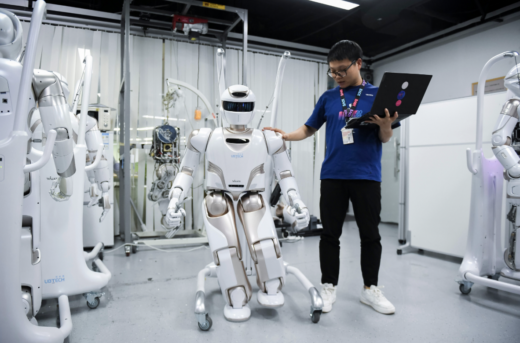
Canada Eyes $15 Billion Boost for Green AI Data Centers
Canada’s federal government is considering a $15 billion incentive to encourage domestic pension funds to invest in green-energy-powered AI data centers. The proposal is part of potential measures for its fall economic statement. AI tools like ChatGPT require significant energy and advanced chips, fueling a $1 trillion global rush to build data centers. However, clean energy deployments lag behind surging power demand, with fossil fuels like natural gas and coal filling the gap. This move aims to align AI growth with Canada’s sustainability goals while addressing global power constraints.
